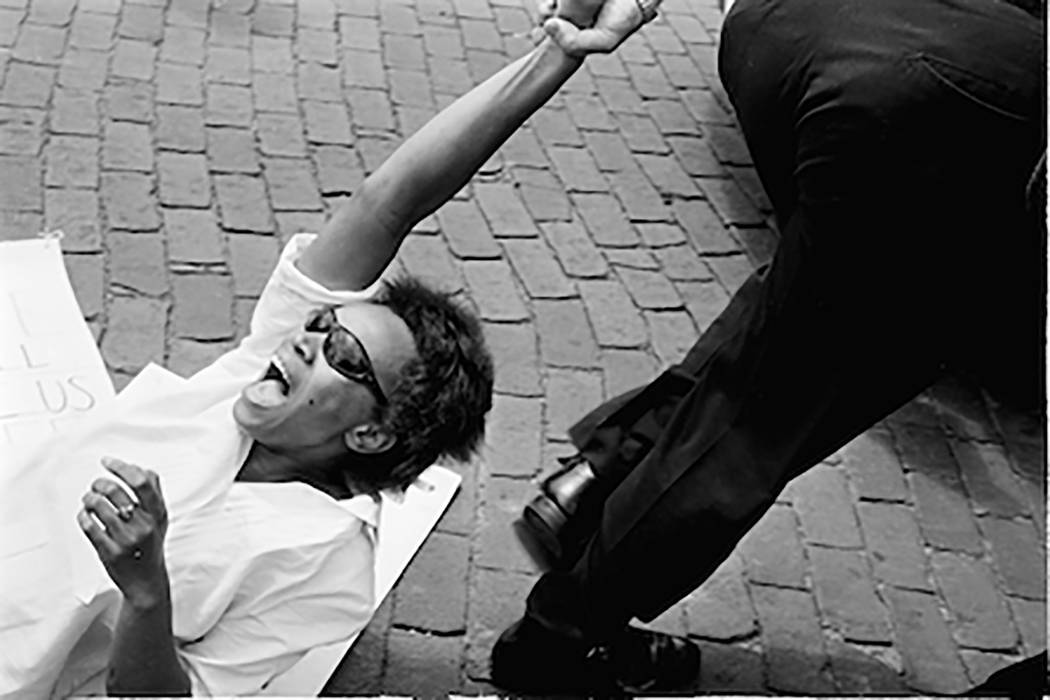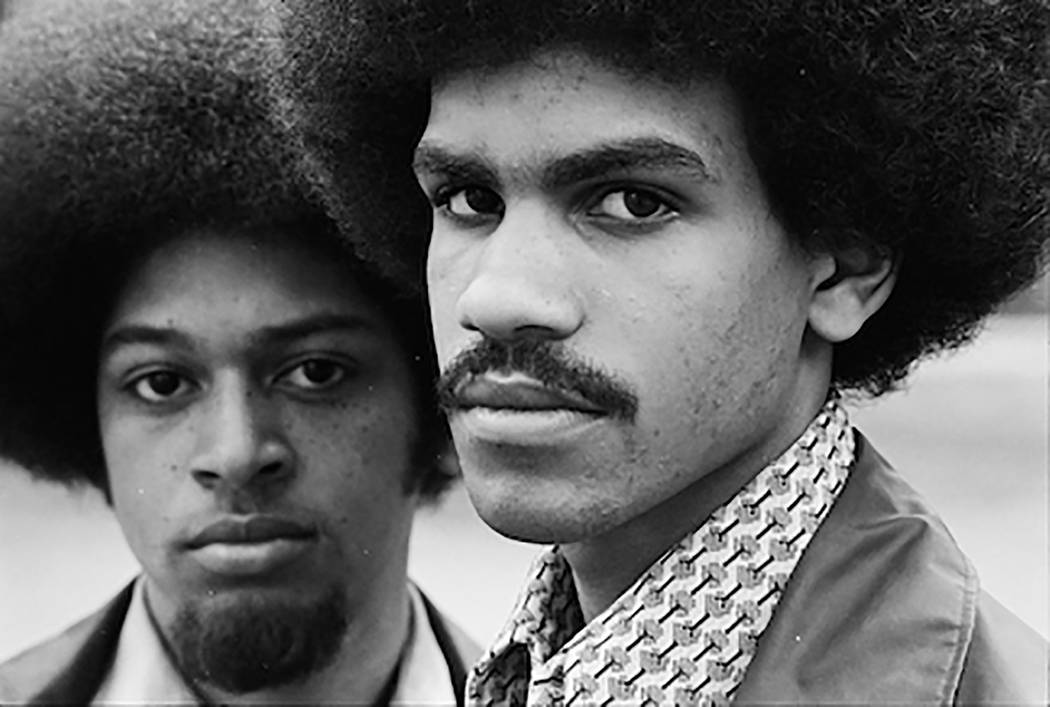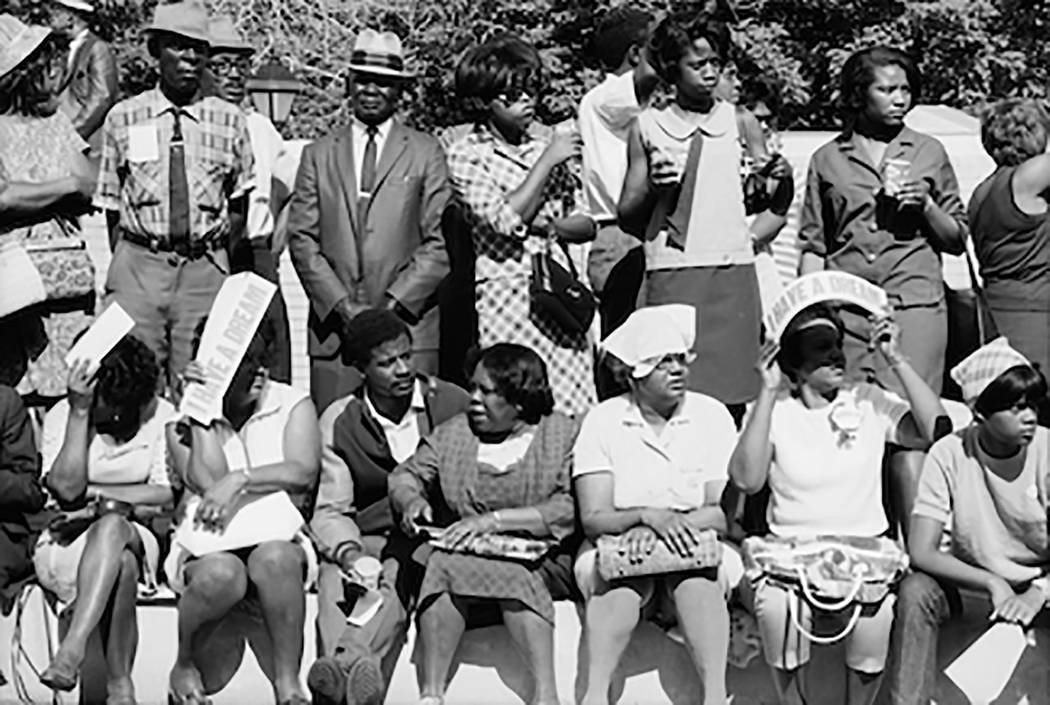Summerlin woman shares father’s civil rights documentation
A fateful meeting between Ted Polumbaum and Martin Luther King Jr. in the late 1950s sparked a lifelong passion for Judy Polumbaum, Ted’s daughter.
Ted, a photojournalist known for his work during the civil rights era, was assigned to take photos of singer Harry Belafonte at a concert at Boston Garden; afterward, he encountered a not-yet-famous King. Unfortunately, he didn’t have his camera during that chance encounter.
“So there’s no photo on record of it,” said Judy, of Summerlin. “My mom always regretted that …”
Still, her father took historical photos for the latter half of the 20th century, she said — a quarter-million images, if not more. Judy has showcased her father’s art nationwide — most recently in Summerlin Library’s art gallery. Photos he took during Freedom Summer 1964, a volunteer campaign aimed at registering African American voters in Mississippi, line each wall of the room.
Ted died in 2001, and Judy said she’s keeping her father’s legacy alive. She’s set to act as a moderator for “Lives on the Line: Civil Rights Legacy,” a panel set to discuss civil rights achievements and aspirations, Feb. 7 at Summerlin Library.
One of the planned speakers is Frank Cooper of Summerlin, a professor at the William S. Boyd School of Law at UNLV. He also is the director of school’s program on race, gender and policing.
“I think that it’s very important for racial minorities to be involved in the criminal justice system,” Cooper said, referring to a lack of diversity among law enforcement and the judicial system. “And I think there’s a lot of need for reform, and it can’t be done if everyone stands outside of the criminal justice system and criticizes it. We need progressive prosecutors inside who want to prosecute criminals that should be prosecuted but also take into account bias and selective enforcement.”
Judy said she wants to spread the message about how hard people fought during the civil rights era.
“The kinds of violence and brutality they faced. … The extent to which they overcame the problems and the extent to which the problems still exist in somewhat different forms” can’t be forgotten, she added.
Contact Mia Sims at msims@
If you go
What: "Lives on the Line: Civil Rights Legacy," a panel set to discuss civil rights achievements and aspirations
When: 7:30-9 p.m. Feb. 7
Where: Summerlin Library, 1771 Inner Circle Drive
























